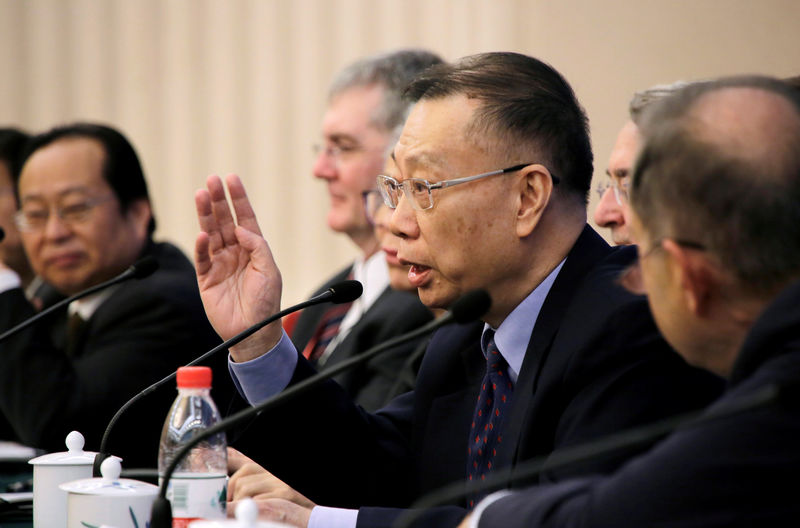By Michael Martina
BEIJING (Reuters) - China has zero tolerance for non-voluntary organ transplants and is fighting corruption in its fledgling donor system, an official who has led reform said on Monday, as Beijing seeks to leave behind an era of controversial organ harvesting.
Last year, China officially ended systematic use of organs from executed prisoners in transplant procedures, a practice long condemned by international human rights groups and medical ethicists.
Authorities keen to promote an image of a donor system more in keeping with China's growing prominence have cracked down on a black market in organ trafficking and stepped up public donor rates to help meet a huge demand for transplants.
Despite challenges with the corruption underlying illicit organ trade, China is working hard to improve the system and increase transparency, said Huang Jiefu, the director of the China Organ Donation and Transplantation Committee.
"Since 2015, I can guarantee that in our system 100 percent are voluntary citizen donors," Huang told reporters at a conference on organ donation attended by international experts, including some from the World Heath Organization (WHO).
"Because China is a big country with 1.3 billion people and regional development is uneven, occasional legal violations are unavoidable," said Huang, while accepting that corruption still existed in the system.
"But the Chinese government has zero tolerance for this kind of legal violation," added the former deputy health minister, who is also an Australian-trained transplant surgeon.
China conducted about 11,000 organ transplants last year, the WHO has said, although doubts persist whether the number of illegal, undocumented operations is much higher.
Beijing has repeatedly denied accusations by human rights researchers and scholars that it forcibly takes organs from prisoners of conscience.
To curb illicit organ trade, the government in 2007 banned transplants from living donors, except for spouses, blood relatives and step- or adopted family members.
Despite the controversies, global experts at the high-profile conference in Beijing's Great Hall of the People praised China for its efforts to remake its organ donation system.
China has made undeniable reforms, said Philip O'Connell, a former president of The Transplantation Society, a non-government body based in Montreal.
"It's been good to see that this debate is moving on beyond the first big issue, which was where were you getting your organs from," he said.

It is now China's responsibility to prove it is implementing the law, said Francis Delmonico, a surgery professor at Harvard Medical School, adding, "I am confident the government is committed to fulfil that ethical principle."